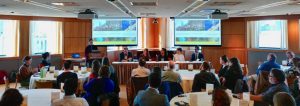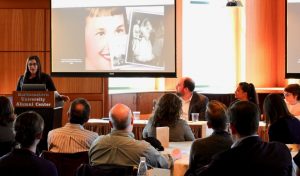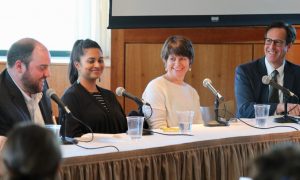Northeastern University Library Receives Two National Endowment for the Humanities Grants
August 8th, 2018 – The National Endowment for the Humanities has awarded Northeastern University Library a $500,000 Infrastructure and Capacity-Building Challenge Grant. The funded project – Research Infrastructure for Digital Scholarship – will further propel Northeastern’s commitment to digital scholarship, the synthesis of archival materials and data, and experiential education. This challenge grant will expand the Library’s technical capacity through the creation of four new staff positions to undertake technical development, data design, and semantic data integration.
Northeastern University Library also received $197,000 from the NEH’s Institutes for Advanced Topics in the Digital Humanities program to support “Word Vectors for the Thoughtful Humanist: Institutes on Critical Teaching and Research with Vector Space Models”, a series of four three-day institutes that will explore the use of word embedding models for textual analysis.
Formed in 2013, The Library’s Digital Scholarship Group has undertaken several important digital humanities projects, including Design for Diversity, Our Marathon, TAPAS, and the Women Writers Project. This challenge grant will continue to support these projects, as well as provide support for the recently announced Boston Research Center, which will be housed in Snell Library. The director of the Digital Scholarship Group, Julia Flanders, will provide leadership on both grants, and Sarah Connell is a co-director on the “Word Vectors” grant.
“In many ways these grants recognize and reward the great progress we’ve made over the past five years in establishing the Library as a significant research partner in the digital humanities at Northeastern, and affirm Northeastern’s status as a leader in this space” states Patrick Yott, Associate Dean for Digital Strategies and Services.
“We deeply appreciate this major support from the National Endowment for the Humanities, and are truly excited about the additional projects and overall capacity this funding will underwrite in the Library and across Northeastern,” said Dan Cohen, the Dean of the Libraries.
Northeastern University Library also received $197,000 from the NEH’s Institutes for Advanced Topics in the Digital Humanities program to support “Word Vectors for the Thoughtful Humanist: Institutes on Critical Teaching and Research with Vector Space Models”, a series of four three-day institutes that will explore the use of word embedding models for textual analysis.
Formed in 2013, The Library’s Digital Scholarship Group has undertaken several important digital humanities projects, including Design for Diversity, Our Marathon, TAPAS, and the Women Writers Project. This challenge grant will continue to support these projects, as well as provide support for the recently announced Boston Research Center, which will be housed in Snell Library. The director of the Digital Scholarship Group, Julia Flanders, will provide leadership on both grants, and Sarah Connell is a co-director on the “Word Vectors” grant.
“In many ways these grants recognize and reward the great progress we’ve made over the past five years in establishing the Library as a significant research partner in the digital humanities at Northeastern, and affirm Northeastern’s status as a leader in this space” states Patrick Yott, Associate Dean for Digital Strategies and Services.
“We deeply appreciate this major support from the National Endowment for the Humanities, and are truly excited about the additional projects and overall capacity this funding will underwrite in the Library and across Northeastern,” said Dan Cohen, the Dean of the Libraries.
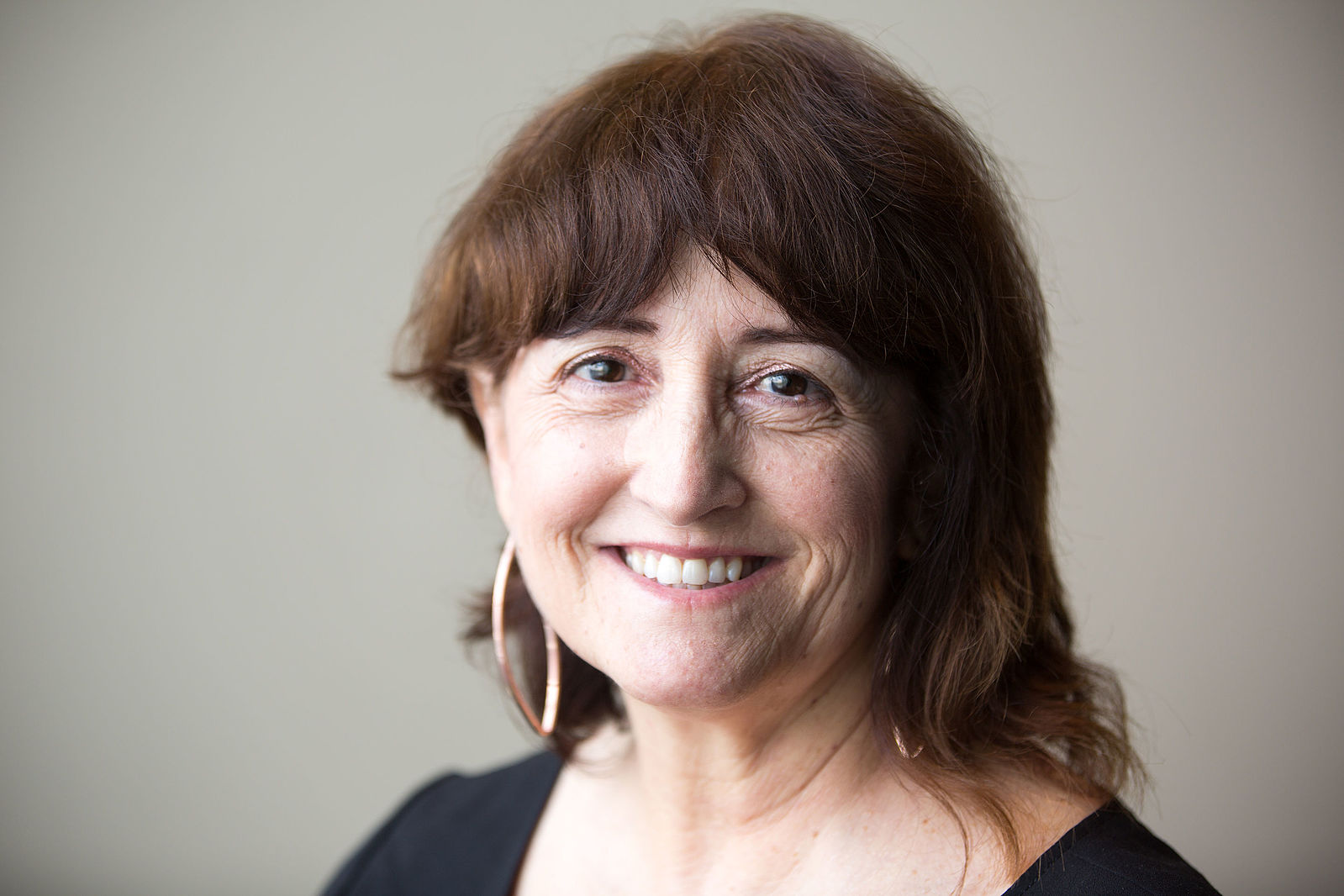
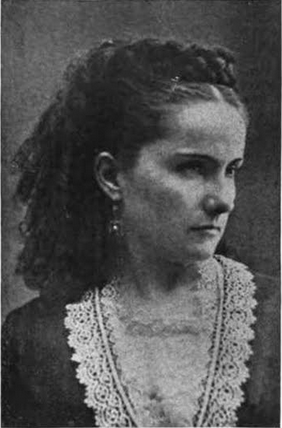
 On Monday, April 23 – five years and a week after tragedy struck Boston in the form of the Boston Marathon bombing – faculty, staff, students and members of the community gathered in Alumni Center to share reflections on remembering traumatic events and processing grief through collections and digital archives. The event commemorated five years of collecting objects and memories in “Our Marathon: the Boston Bombing Digital Archive,” a project that originated at Northeastern through efforts in the NULab for Texts, Maps and Networks, the College of Social Sciences and Humanities, and the Northeastern University Libraries. This year, faculty, staff and graduate students worked to migrate the site’s contents and metadata onto a
On Monday, April 23 – five years and a week after tragedy struck Boston in the form of the Boston Marathon bombing – faculty, staff, students and members of the community gathered in Alumni Center to share reflections on remembering traumatic events and processing grief through collections and digital archives. The event commemorated five years of collecting objects and memories in “Our Marathon: the Boston Bombing Digital Archive,” a project that originated at Northeastern through efforts in the NULab for Texts, Maps and Networks, the College of Social Sciences and Humanities, and the Northeastern University Libraries. This year, faculty, staff and graduate students worked to migrate the site’s contents and metadata onto a 